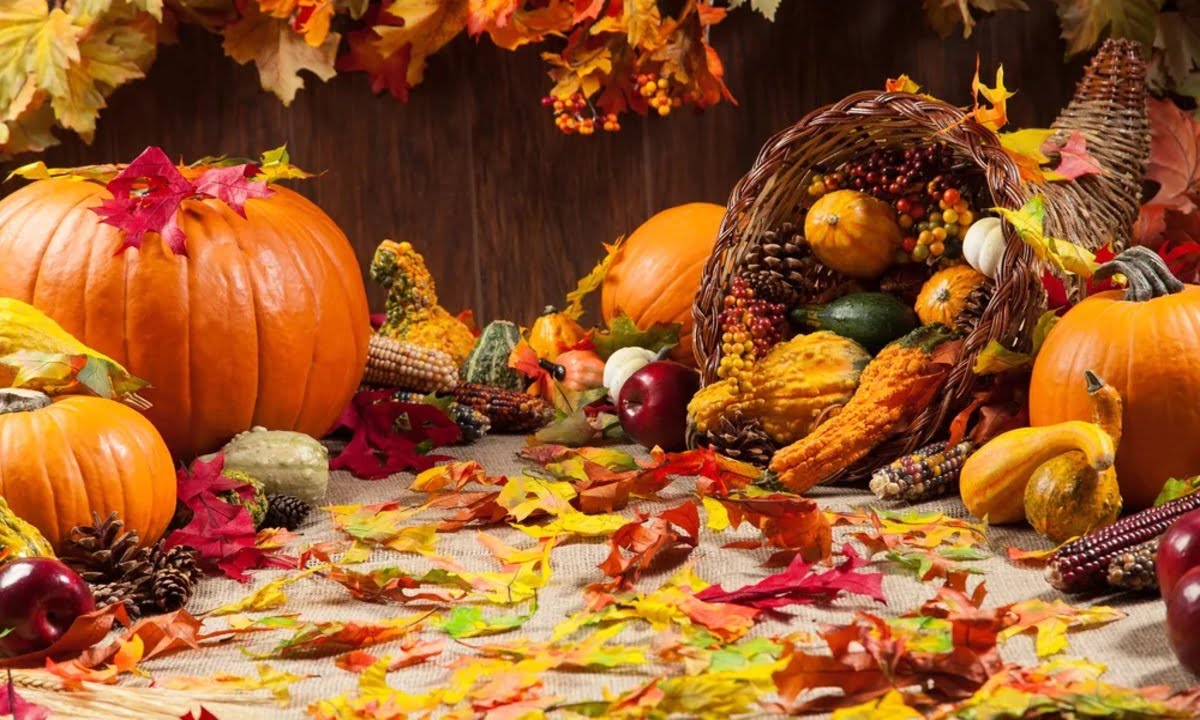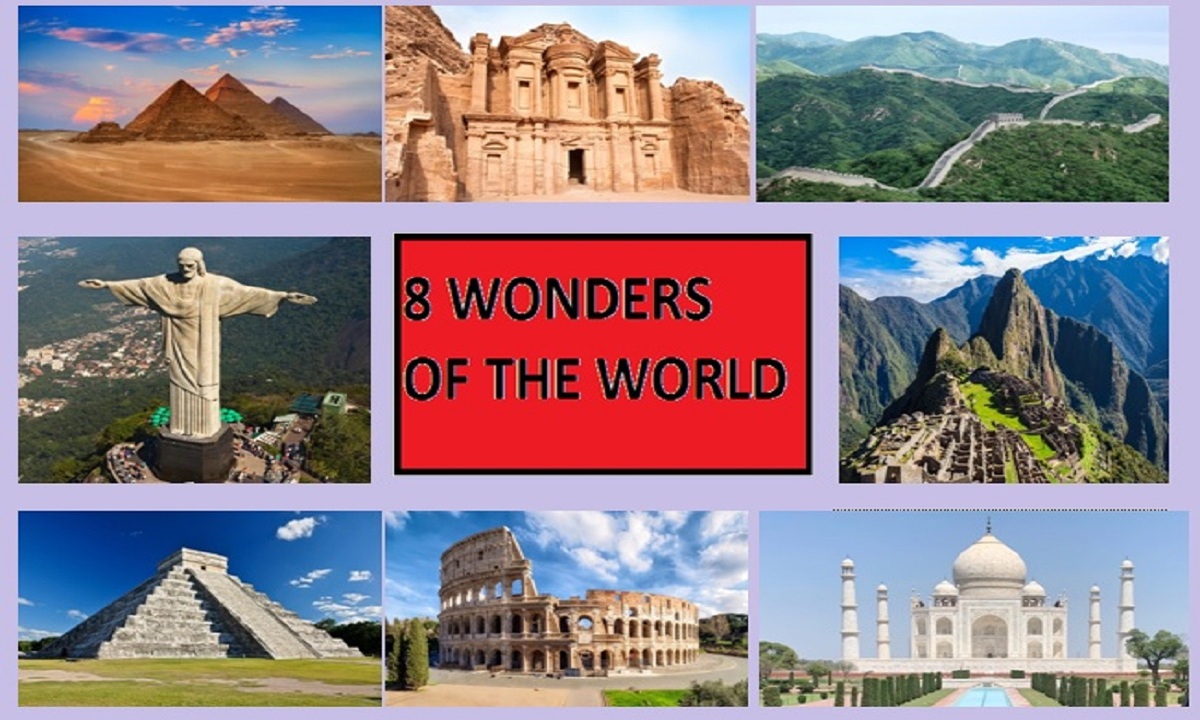Thanksgiving Day is a holiday celebrated in the United States and Canada to give thanks for the blessings and harvest of the past year. Its a national holiday celebrated on various dates in the Canada, United States, Saint Lucia, Grenada, Liberia, Philippines and Brazil. It usually involves a festive meal, often with a roasted turkey. They come together with friends and family to express their gratitude and enjoy each other’s company. It falls on the fourth Thursday of November in the United States, while it’s celebrated on the second Monday of October in Canada. Thanksgiving also has cultural and historical significance in both countries. Here is the full article about Thanksgiving day:
History
Thanksgiving Day originated in the early 17th century when English Pilgrims and Native Americans gathered in Plymouth, Massachusetts in 1621 to celebrate a successful harvest. People often regard this event as the first harvest festival. People started celebrating and giving thanks for a good harvest at irregular intervals over time. President Abraham Lincoln officially established Thanksgiving as a national holiday in the United States in 1863, during the Civil War. The fourth Thursday in November has been celebrating since 1941. The holiday has various historical roots in Canada and was officially introduced in 1879. Today, it is an opportunity for people to enjoy a festive meal and express gratitude to their loved ones.
Plymouth
Plymouth is a historic town in Massachusetts, USA, known for its association with the first Thanksgiving in 1621. The Pilgrim Fathers, who settled in Plymouth, and the Native American Wampanoag people came together for a feast to give thanks for a bountiful harvest. Plymouth holds a special place in the history of Thanksgiving. Its landmarks such as Plymouth Plantation and Plymouth Rock attract visitors who want to learn more about the origins of the holiday.
National Holiday
Thanksgiving Day is a national holiday in Canada and the United States to give thanks for the harvest and blessings of the past year. In the United States it falls on the fourth Thursday in November, and in Canada on the second Monday in October. It’s a time when friends and families come together for a festive meal. They express their gratitude, with historical and cultural significance in both countries.
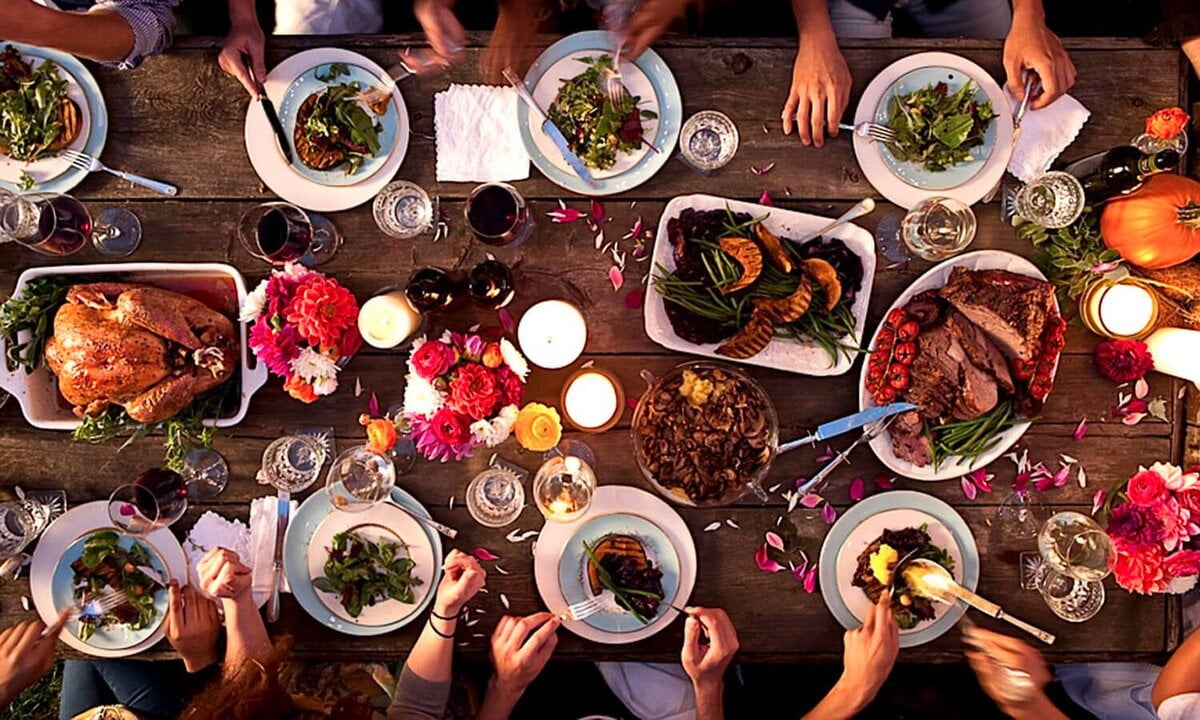
Criticism and Controversy
Thanksgiving has been the subject of controversy and criticism, particularly in relation to its historical origins. Some argue that it romanticizes a complex history of mistreatment of Native Americans and European colonization. Critics also point out that the vacation can overlook the hardships of indigenous communities and reinforce stereotypes. There are concerns about the commercialization of Thanksgiving, with consumption and Black Friday sales taking center stage. Its overshadowing the spirit of togetherness and gratitude.
Ancient Origins
The ancient origins of Thanksgiving can be traced back to harvest festivals and various cultures throughout history. Many indigenous peoples around the world celebrated bountiful harvests with ceremonies and feasts long before European settlers arrived in the Americas. There are also early European traditions of giving thanks after a successful harvest, often with religious overtones. Although Thanksgiving Day in its current form is closely linked to the Pilgrim Fathers’ feast in Plymouth in 1621. It has its roots in these various traditions spanning continents and centuries.
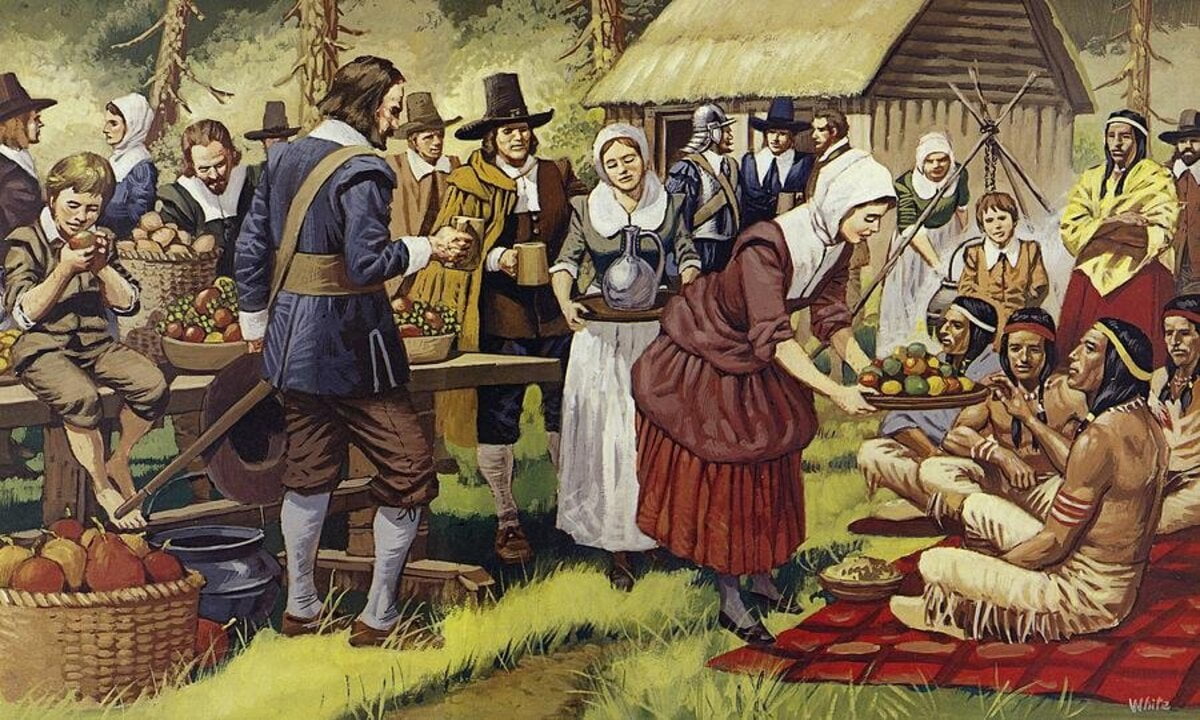
Significance
The significance of Thanksgiving lies in the fact that it is a time for people to come together. They celebrate with friends and family to give thanks for the blessings of the past year. They share a festive meal and reflect on the importance of community and gratitude. It is a day to foster a sense of togetherness, honor the harvest and reflect on the values of generosity and gratitude. It also has cultural and historical significance in North America.
Traditions
Thanksgiving Day traditions revolve around a festive meal of roast turkey and traditional side dishes. They express gratitude, football games, volunteer, watch parades and spend time with friends and family. These customs symbolize the essence of the holiday, which is togetherness, gratitude and giving back to the community. It is a time for people to express their gratitude, often by sharing what they are thankful for, fostering a sense of reflection and appreciation. In the United States, it is a popular tradition to watch the Macy’s Thanksgiving Day Parade. They enjoy football games, both professional and amateur, that take place throughout the day. Many are also involved in the community, volunteering or taking part in food collections to help those in need.
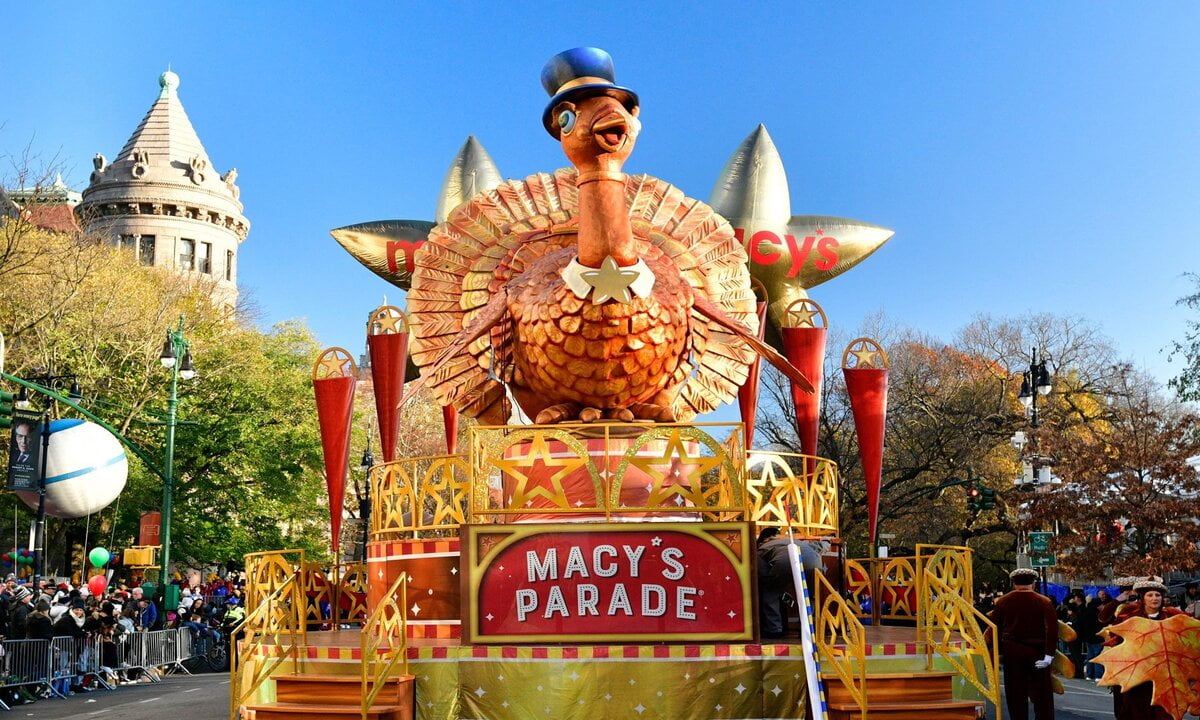
Celebrations
On Thanksgiving, friends and family usually gather for a special meal, traditional side dishes and often featuring roast turkey. Many people also take the opportunity to express their gratitude by sharing what they are thankful for. Football games, community service activities and Parades are a common Thanksgiving tradition in the United States. It’s a day about reflection, appreciation and togetherness.

Conclusion
Thanksgiving Day is a holiday celebrated with gratitude, bringing people together for a festive meal and to reflect on their blessings. It has historical significance and embodies the spirit of gratitude and community.

